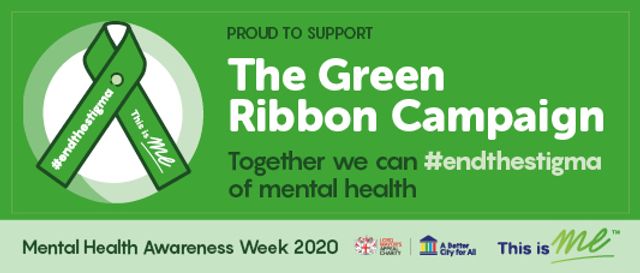The UK’s Worker Protection Act came into force last October; now is the time for all employers to act.
For some Wednesday Wisdom, we recommend watching this powerful 45 minute talk by Simon Sinek, about how chemicals (endorphins, dopamine, serotonin, oxytocin and cortisol) drive our feelings, decisions, interactions and leadership.
"Leadership is not a rank - it's a decision and a choice. If you decide to look after the person next to you, you become a leader. Your willingness to sacrifice yourself, your time and energy for someone, so that they feel safe, makes you a leader. If you worry you're addicted to dopamine (addicted to performance, social media etc) the answer lies in service to another. The more we look after each other, the safer we feel, the more we feel we belong and the more we will work together to confront the dangers outside".
Related Articles

Take a breath.

Our time to lead?

Why training your employees is more important than ever


Happy hour? A conversation about alcohol and work – culture, risk and belonging
From post-deal drinks to client events and team celebrations, alcohol is woven into workplace culture. Yet when something goes wrong, it’s rarely seen as ‘just a drink’.
With new duties on employers to prevent sexual harassment, and growing attention on workplace risk and inclusion, it’s time to take a more intentional look at how alcohol shapes workplace culture – and the risks it carries.
This short, focused webinar will explore:
• How alcohol contributes to conduct, harassment and reputational risk
• The assumptions we make about what’s normal, social or expected
• How alcohol intersects with inclusion, wellbeing and boundaries
• What to think about when conducting risk assessments and looking at policies
• Practical steps to build positive connection while protecting what matters
Speakers:
Helen Dallimore
Head of Training, Byrne Dean
An experienced facilitator, trainer and former employment lawyer, Helen works with organisations to strengthen leadership capability and embed respectful workplace behaviours. She brings particular expertise in creating inclusive cultures where people feel safe, respected and able to thrive.
Cicilia Wan
Principal Consultant, Byrne Dean
A former employment lawyer and experienced Headof Employee Relations in global financial services, Cicilia has seen first-hand how alcohol canaffect conduct at work. She brings deep expertise in leadership, culture and managing people risk.
Steven McCann
Founder and Director, MCG Consulting
A leading voice in workplace addiction and recovery inclusion, Steven advises organisations on addiction awareness, recovery-informed culture and social mobility. He has spoken at the Bank of England and works regularly with law societies, the Legal Services Board and institutions across law, finance and corporate sectors.


HR Magazine: Half of UK workers faced toxic workplaces
Head of Resolution Zoe Wigan comments on speaking up and creating psychological safety.


HR Magazine: How to manage political polarisation at work
Matt Dean comments as recent events in America have intensified the discussion around polarisation.





